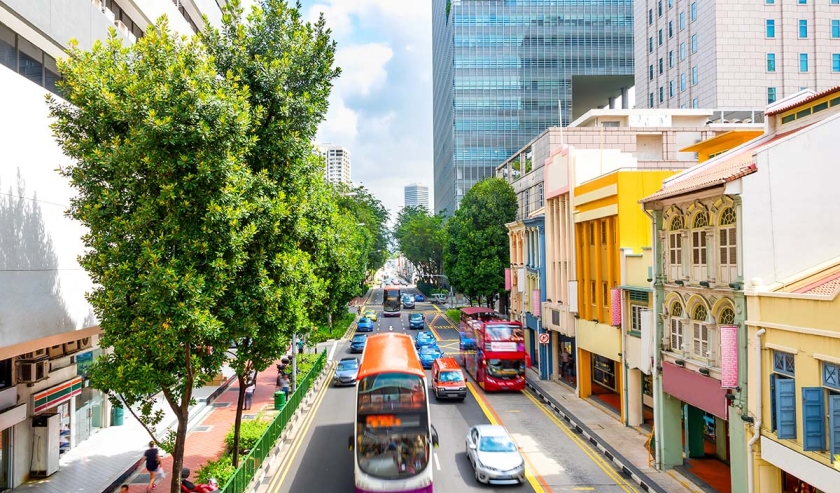More and more people globally are living in cities, and this urban growth is only expected to continue. But cities are also subject to acute shocks, such as natural disasters, and chronic stresses, such as high unemployment. Research shows insufficient resilience in mitigating and responding to the risks that threaten stability and populations.
The Resilience Cities Network (RCN) was founded in 2019, growing from a Rockefeller Foundation investment in urban resilience some years earlier. The Network supports cities in better anticipating, managing and responding to shocks and stresses.
As RCN has grown and diversified to tackle complex challenges with member cities, the organisation’s leadership has identified a need to assess and articulate its work and impact more cohesively. CEI was commissioned to refine the RCN Theory of Change and develop a Monitoring and Evaluation (M&E) framework, to articulate the organisation’s vision and strategy and to support its impact measurement efforts.
“As an organisation grows, it is important to re-evaluate its Theory of Change and M&E framework to ensure a shared vision and strategy – a roadmap – leading toward desired outcomes,” says CEI’s Senior Advisor Dr Grace Chng, who led the project.
To design a fit-for-purpose M&E framework, CEI reviewed frameworks from RCN’s peer organisations and strategic documents from RCN, as well as undertaking a series of interviews with key stakeholders.
Findings from this work highlighted a potential gap across the global sector of urban resilience. Most organisations tend to articulate their impact by stating goals and offering case studies, instead of clarifying how the work they do is tracking toward desired outcomes. Additionally, most do not publish how they collect data to monitor and evaluate. A lack of insight on how activities may contribute to outcomes compromises organisations in learning what works and accelerating this into practice. RCN was keen to buck this trend.
“Articulating impact in urban resilience is complex, especially for intermediary organisations,” notes Maryanna Abdo, CEI’s Managing Director for Singapore and Asia. “Defining how sought-after outcomes will be achieved and thinking about the ‘who’, ‘how’ and ‘what’ of an organisation’s work offers greater clarity.”
CEI’s work will support more precise measurement of the three approaches of RCN’s work:
1) Empower by bringing together diverse stakeholders to address shared challenges;
2) Implement by arming member cities with the right tools and knowledge to build resilience; and
3) Mobilise by enabling investments for member cities to carry out resilience projects and build capacity.
Dr Chng says: “We hope that what we’ve achieved with RCN will help the team more clearly articulate their desired impact and outcomes and structure their data collection efforts to better track progress towards building a more equitable and sustainable future in cities across the world.”
